The European League Against Rheumatism, EULAR, has published a set of recommendations, which look at the use of imaging modalities in primary large vessel vasculitis, including giant cell arteritis and Takayasu arteritis.
The recommendations are intended to advise physicians on the use of imaging modalities (including ultrasound, magnetic resonance imaging, MRI, computed tomography, CT, and positron emission tomography, PET) when making a clinical diagnosis of large vessel vasculitis (LVV), and when to apply imaging for monitoring of disease activity and damage.…
Read more of this article


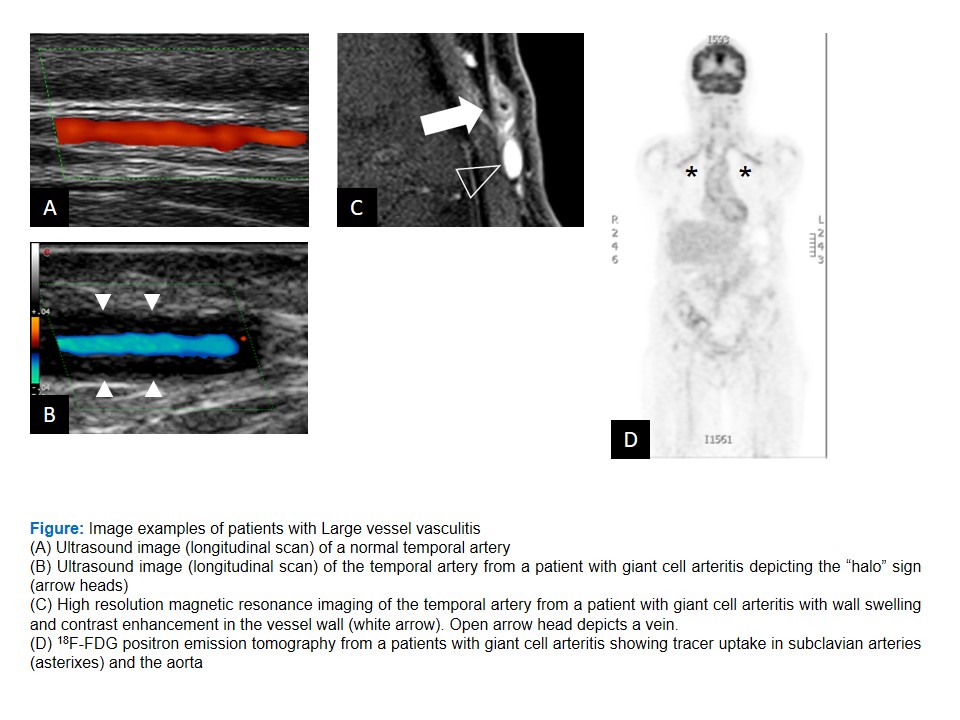

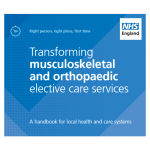
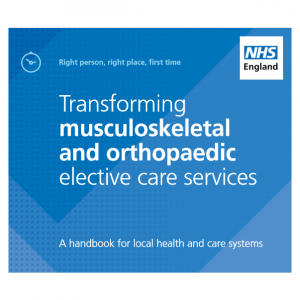

 On 30th November 2017, the National Osteoporosis Society published new Osteoporosis Standards and Vertebral Fractures Guidance for Health Professionals. The guidelines help health professionals provide the possible care for people with osteoporosis.
On 30th November 2017, the National Osteoporosis Society published new Osteoporosis Standards and Vertebral Fractures Guidance for Health Professionals. The guidelines help health professionals provide the possible care for people with osteoporosis.

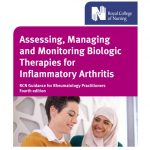
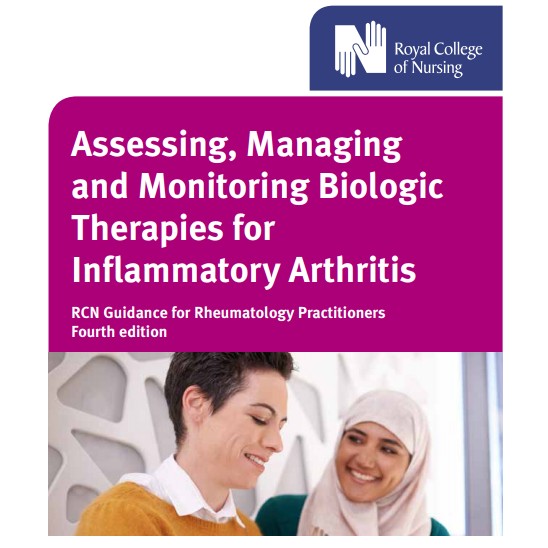

 The British Orthopaedic Association (BOA) is pleased to announce the recent publication of four revised commissioning guides with the Royal College of Surgeons of England. These NICE-accredited guides set out best practice care pathways to assist CCGs in designing optimal care for their populations. We are extremely grateful to all those involved in the rigorous development and accreditation processes. The guides, which can be found here, are:
The British Orthopaedic Association (BOA) is pleased to announce the recent publication of four revised commissioning guides with the Royal College of Surgeons of England. These NICE-accredited guides set out best practice care pathways to assist CCGs in designing optimal care for their populations. We are extremely grateful to all those involved in the rigorous development and accreditation processes. The guides, which can be found here, are: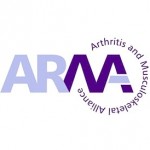
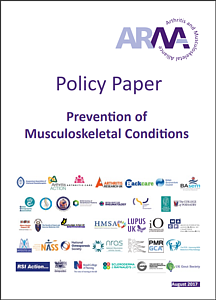
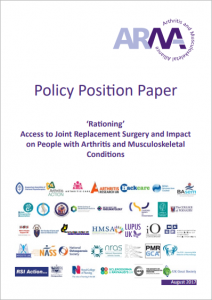
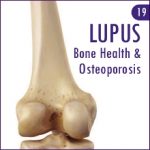
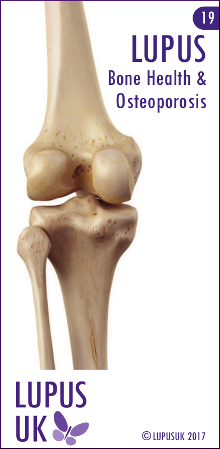 In July LUPUS UK released the newest edition in their range of publications, ‘LUPUS: Bone Health & Osteoporosis’.
In July LUPUS UK released the newest edition in their range of publications, ‘LUPUS: Bone Health & Osteoporosis’.